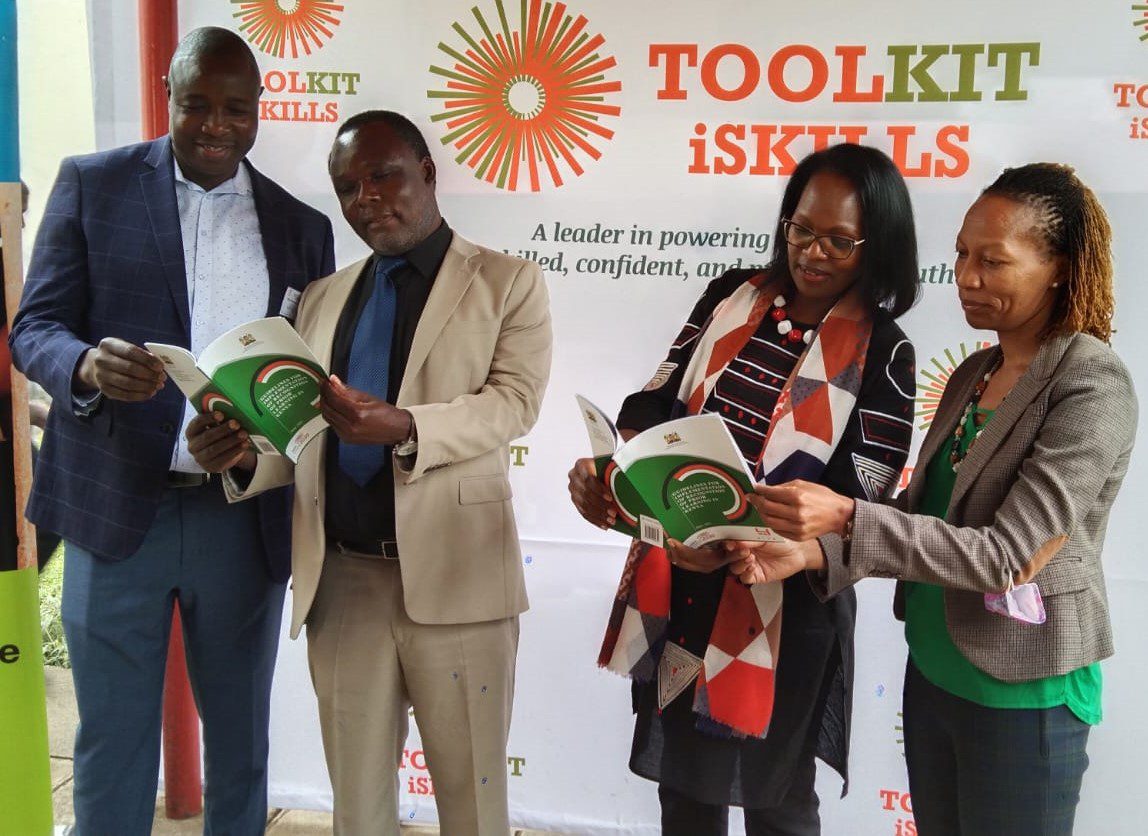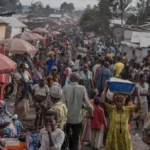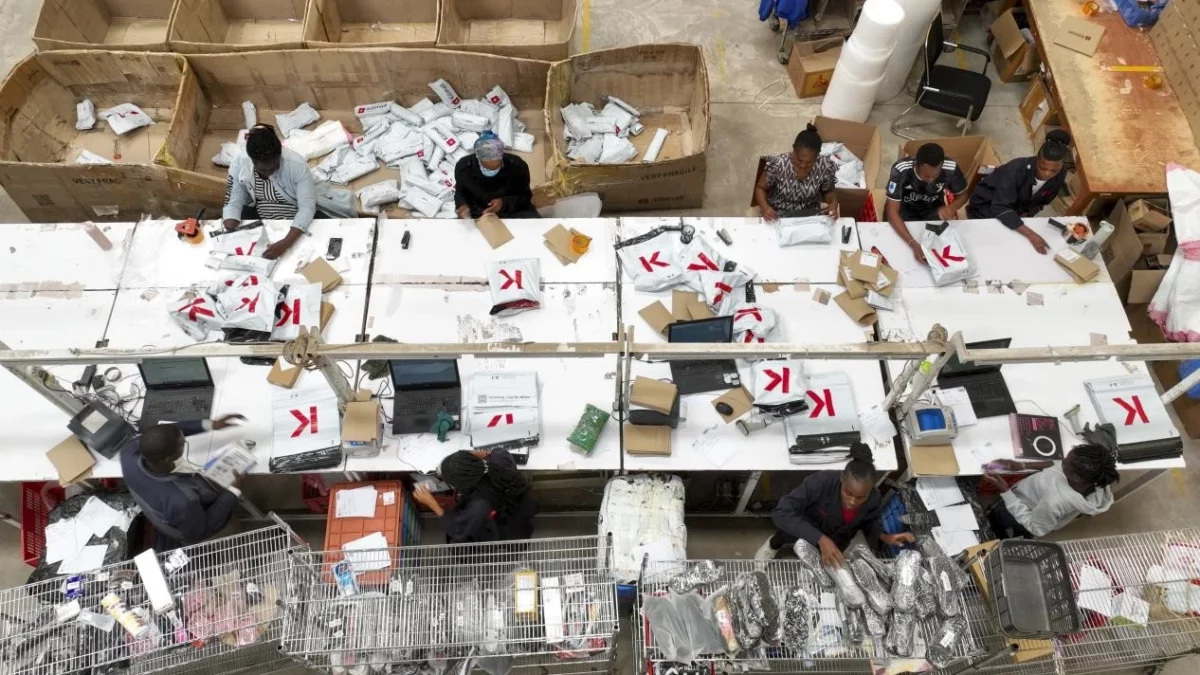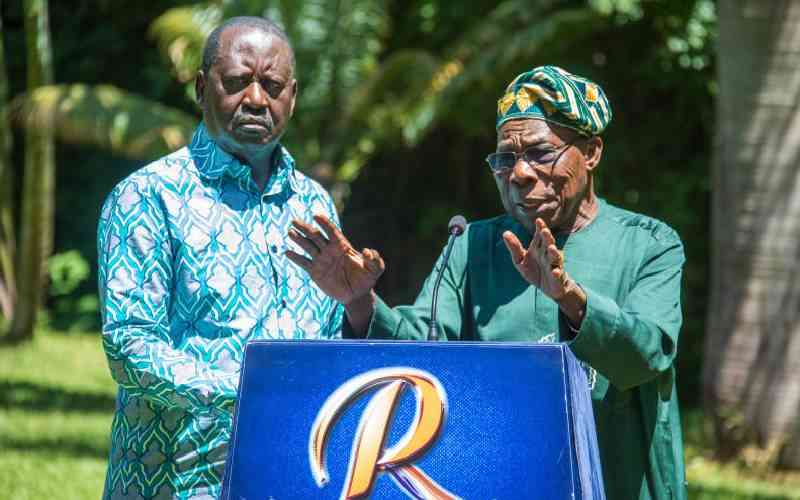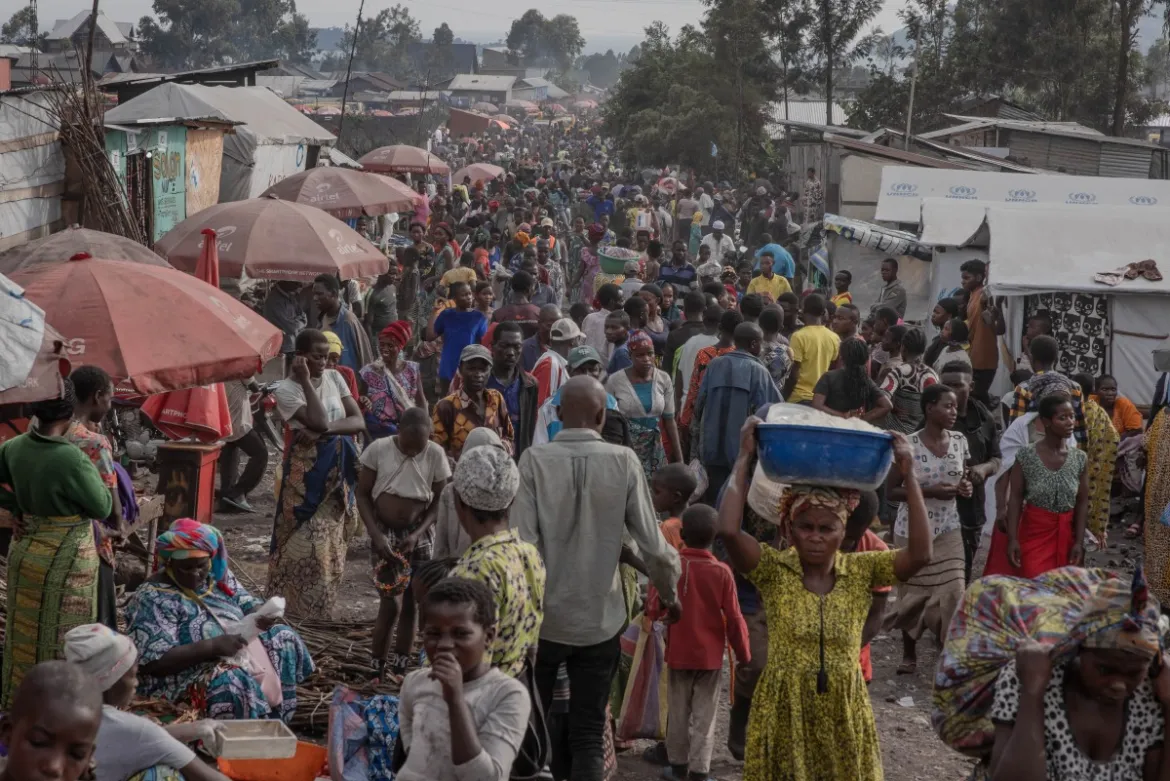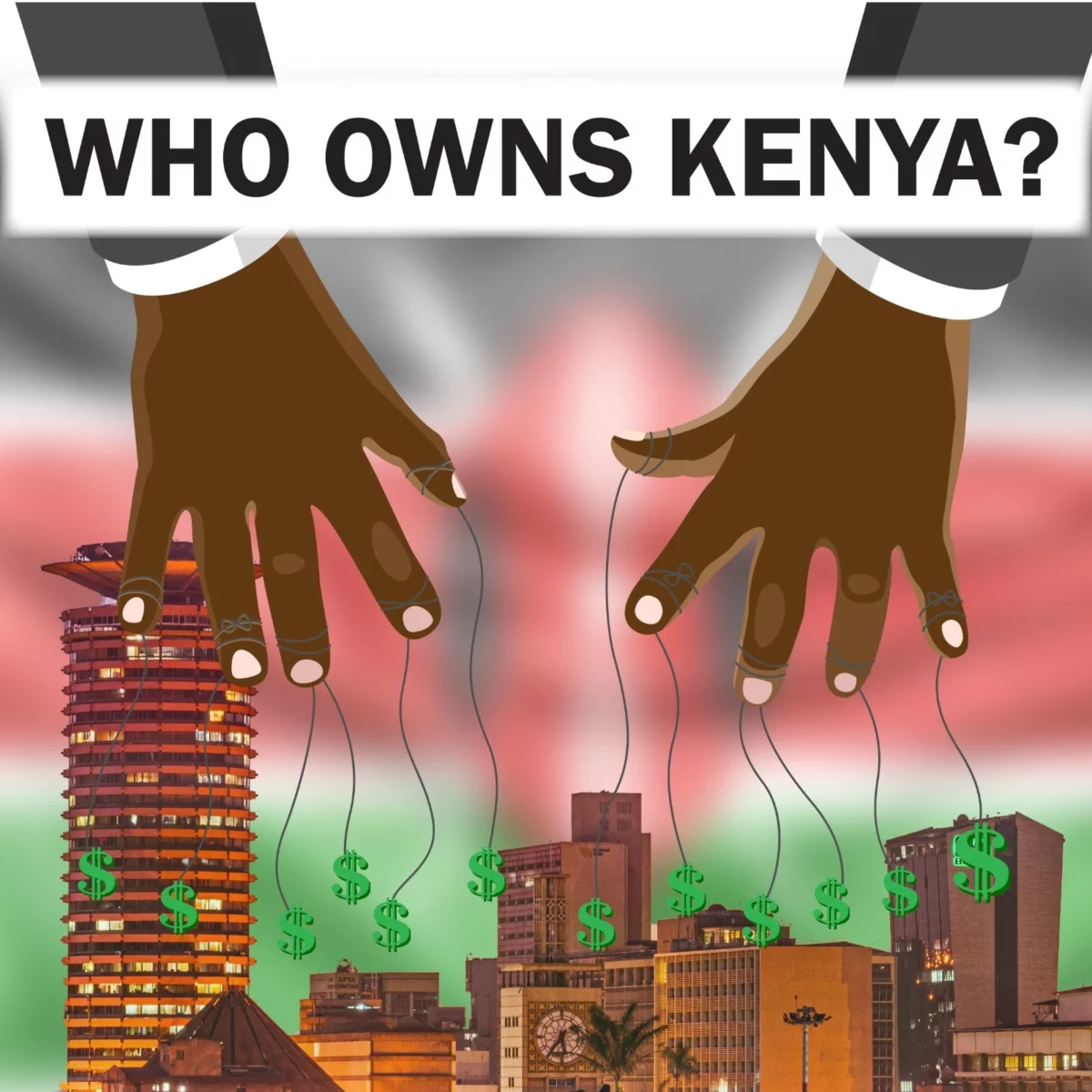The Kenya National Qualification Authority [KNQA] will start assessing and accrediting local artisans with RPL certificates in their local dialects.
“You don’t need to be a master of English or Kiswahili languages to repair a car ,paint a house or even acquire plumbing skills ,yet you have been learning on the job for years and you have mastered the skills. So going forward as an authority we shall be conducting our assessment to our artisan in their local dialect they fully understand as this will also improve their confidence during the session,“ reveals Dr Juma Mukhwana, Director, General, KNQA.
Dr Mukhwana was speaking during the Recognition Prior Learning [RPL] workshop in Nairobi. “We must embrace RPL in order to grow our economy and the best way of doing that is through industry linkages.In the next 5 years we target to have over a half million Kenyans graduating from the RPL program.”
The workshop organized by ToolKit iSkills TTI is a youth skills training organization and Habitat for Humanity International aimed at closing the gap that has existed, that denies these groups of young men and women meaningful income.
“RPL policy targets informal sector workers, men and women who learn on the job, master and practice their trade but have no certification. RPL transforms them into certified workers. This means they can get better pay, apply for new jobs with their certificates and register for
businesses that require professional certificates. In the construction sector, RPL means construction workers can get certified by the government and access National Construction Authority licences. This gives new hope for the Juakali artisans as well as youth who have acquired skills in the informal sector,” says Jane Muigai, Director and Founder Toolkit iSkills [TTI].
The coming into force of the policy has been received positively by industry players and experts who say that although Kenya’s economy is largely driven by the informal sector, most of these people working in this sector have not been able to get decent jobs, due to lack of a process that recognizes and upscale their skills.
The firm works with other players to provide linkages to
the industry as well as mentorship for entrepreneurship.
Among TTI’s partners is the Habitat for Humanity and
government agencies among them the National Industrial Training Authority.
“This is the sad reality because even though these
individuals may have some skills, they find themselves locked out of the
opportunities that emerge, “says Jane.
“Kenya for example is undertaking large
scale infrastructure projects, yet some of these skills have to be imported,
because seemingly, we do not have that skill set here,” comments Jane.
According to Maurice Mokoloo, Vice President, Africa –
Habitat for Humanity International. “This policy will play a critical role in
promoting access to decent, safe housing for all Kenyans, particularly
low-income families who are building their homes incrementally.”
The Recognition of Prior Learning process is expected to
promote social inclusion and equity for disadvantaged groups, for instance,
early school leavers and retrenched workers.
It is also expected to encourage lifelong learning to create a competent and adaptable workforce that can address skills shortages.
At the same time, to those who may not have had the opportunity to pursue
tertiary education, RPL will provide a stepping-stone to get back to formal
education, certification, and progression, among other benefits.
Countries that have a robust Recognition of Prior
Learning, RPL are the USA, Canada and Australia.
In Africa, countries like Mauritius and South Africa use
RPL for recognition, certification and progression to higher education. In
South Africa, RPL is being implemented in over 20 sectors and at all levels of
qualifications.
In Tanzania, RPL is used as a means of identifying skills
gaps and hence workers’ training needs.
Locally, the National Industrial Training Authority
(NITA) and Kenya Accountants and Secretaries National Examination Board
(KASNEB) have been implementing a form of recognition since the 1960s.


